Patriot games
Marine Le Pen for French President? After Brexit and the ongoing terror attacks, anything is possible.
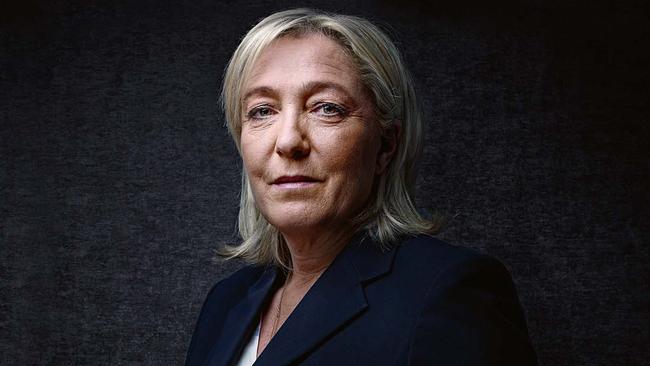
There is a spring in her step when Marine Le Pen walks me into her office. A recent two-month retreat from frontline politics explains the lighter silhouette of the leader of France's far-right National Front party. Our meeting occurs weeks before the atrocity in Nice, so today she's still smiling about Britain's vote to slam the door on the European Union. "Obviously, I'm thrilled for many reasons," she says. "Who wouldn't be happy to see a people choose the path of liberty?" The bete noire of the French establishment hopes her own country will be next; she nods at a new party poster on a table in her Paris headquarters, featuring a pair of hands breaking free from manacles and the slogan "Brexit — et maintenant la France!"
Le Pen is relishing the immense boost to her populist cause that seems to have been handed to her by Britain's leave vote. The brave English people have risen up and defied the propaganda of the establishment, she says. "For years I have been fighting in France against people who say it's not possible to leave the EU. Et bien ... One can." The UK vote, she adds, seals the downfall of a rotten project that failed every bit as much as the old Soviet Union. She believes the EU is a prison.
A kitten beams out from a big calendar on the bookcase behind her. Le Pen's love of cats — her blog is full of them — has been played up in her campaign to project the kinder, softer image she has adopted after taking a break following her party's failure to capture control of any regional council in last December's elections, despite leading in the first round of voting. The pause for reflection has enabled her to recharge her batteries for the forthcoming presidential campaign.
Unlike most party leaders, Le Pen likes to chat face to face, with no one else in the room. At 47, she is a more formidable figure than the easygoing, jeans-clad daughter of the boss whom I first met in 2003, when she was papa's legal adviser. She now talks with the assurance of a political veteran albeit with the same smoky voice.
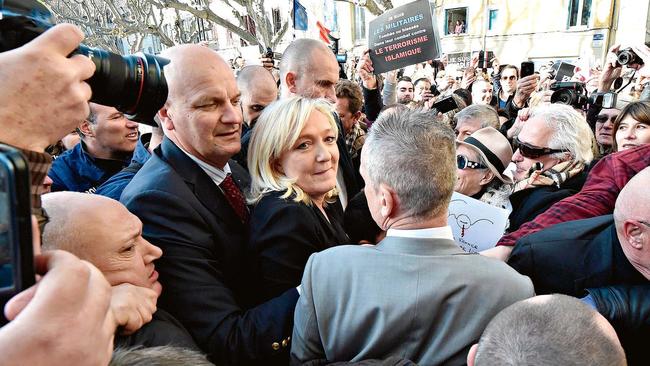
France's presidential elections are only nine months away and Le Pen, who inherited the leadership of the National Front from her father, Jean-Marie, in 2011, has led the polls for the past two years. The last time I interviewed her, in 2013, she was still the outsider, despite scoring third place in the previous year's presidential elections.
Now her increasing popularity and the British vote have upset the conventional wisdom that, however well she does in the first of France's two-round electoral system, the National Front leader will always be defeated in the runoff when sensible voters rally against her. No one says any more that it couldn't happen. Her cause has been further boosted by widespread anxiety about immigration and terror attacks in the country.
The National Front, with its hardline stance on Islam, radicalisation and border control, is the only party, she says, for this time of "infinite sadness" in France.
A President Le Pen is still unlikely, say the pollsters, but not an impossibility in a weak field comprising a discredited Francois Hollande, 61, and either a recycled Nicolas Sarkozy, 61, or his shopworn conservative rival, 70-year-old Alain Juppe. One poll this northern spring showed her winning a hypothetical runoff against Hollande.
Le Pen, who is a Member of the European Parliament, lost no time in demanding a "Frexit" referendum. She did it when she was summoned to the Elysee Palace as part of Hollande's emergency Brexit autopsy. Le Pen rolls her eyes as she recounts her session with the socialist head of state, who was stunned by the British vote. She takes a drag on an e-cigarette (she gave up chain smoking five years ago) and says: "He just sang his old song. 'The solution lies in more European integration,' et cetera, et cetera. When you only have a nail, all solutions look like a hammer. Their ideology just goes from failure to failure and they are incapable of imagining that anything else exists."
Hollande, the most unpopular French president since polls began, indulges in magical thinking, says Le Pen. "It's pure incantation. He isn't alone. The clergy of the European church is well staffed. It's very difficult to have a rational discussion with people driven by religious beliefs. I told him I was surprised that the president, guarantor of the sovereignty of the nation, didn't take into account the signals being sent by the French people and by France's neighbours."
Recent polls have shown the French to be nearly as hostile to Brussels as the British. More than four out of 10 are in favour of a French in-out referendum, but a three-fifths majority would still vote to stay, according to a recent poll for newspaper Le Figaro.
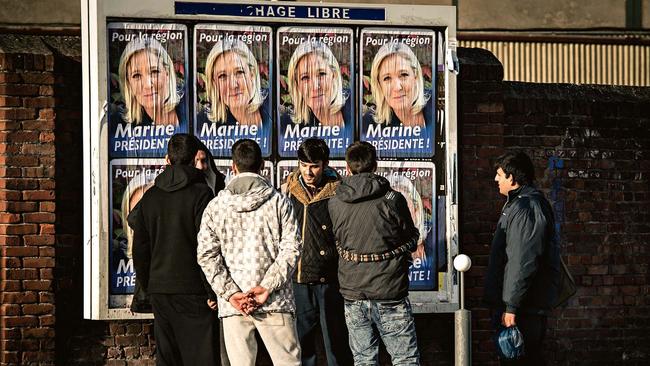
Le Pen last year cut herself off from her sulphurous 88-year-old father, who founded the National Front in 1972. The expulsion of the patriarch from the party was one of the messier episodes in the dynasty's turbulent history. Yet Marine is a chip off the old granite block, not just physically, but with her fondness for sepia-tinted rhetoric that reduces the world to a struggle between patriotic peoples (good) and elite supra-nationalists (evil). Europe, and the US with Donald Trump, are enjoying a "spring of the patriots".
These are momentous times, she says.
The UK's leave voters are part of a worldwide uprising against "uncontrolled globalisation and the disappearance of nation states", she insists. Globalisation and the removal of frontiers have fomented upheaval in the Middle East and bred terrorism, while enriching the elite.
Left and Right no longer mean anything. "The big fracture is between two choices: the law of the market as a universal law or the return to structured society and the protection of the people through the nation. That is the heart of my political project — giving power to the people against the elites."
I do not mention the fact that many Britons do not subscribe to the French view of Brussels, which casts the modern EU as a British-driven plot to dismantle the Gallic welfare state and open the markets. Le Pen never lets such details confuse her world view, but I do wonder whether her comfortable background as the daughter of a rich politician brought up in Parisian splendour qualifies her to speak for the people. The smile vanishes. "That's quite revealing," she says. "You're confusing the people and the poor. The people are diverse. They are made up of all types, including the well-off." Then she jokes, "I'm not at Trump's level. I could do with some of his money for my campaign."
She blames the National Front's shortage of funds on the banks' refusal to lend to a far-right party. That is why it has sought and received help from Russian banks close to the Kremlin. In Le Pen's eyes, Vladimir Putin may have his faults, but he is part of a new patriotism in central and eastern Europe that she admires.
Hollande believes the British referendum will backfire on Le Pen's Frexit campaign when France sees the economic misery Britain has inflicted on itself, so he is trying to put Europe at the centre of the upcoming presidential campaign. The "populists and extremists" calling for exit from the EU are going "to find out now what the consequences are", he has said.
Le Pen retorts: "They are trying to play on fear and telling the French, 'You'll see. It's going to be dreadful.' The trouble with the fear strategy is that disaster has to follow because if it doesn't, you're crying wolf." She believes Britain will be better off.
"It will be able to favour British business. We can't do that. It will be able to decide who has access to its labour market. We can't do that. The UK can decide everything in its own interests."
Le Pen is confident her EU message will win her the presidential election — to be held in April and May next year — but she admits it will be a slog because she is still demonised by the establishment and by the media. "Never in France would you have a newspaper supporting the country leaving the EU," she says. "But now we have the internet and that's a way of talking directly to the people."
She promises to stage a referendum is she's elected — and if the EU fails to restore French sovereignty on four fronts (monetary and budgetary; economic; legislative; control of its borders), she will recommend a leave vote. Frontier-free travel would be scrapped.
"The right of Europeans to live in whatever country they want comes after the right of its people to decide who lives with them," she declares. Does this mean she would expel me and the thousands of other Britons who live in France? "That's just caricature," she snorts. "We will receive those whom we want to receive in our country."
To soften her image, Le Pen is heading into the campaign promising to work for "La France apaisee" (a country at peace with itself). This is a turnaround for a politician who has long cast herself as a warlike Joan of Arc, but it is needed to soothe a nation gripped by gloom, internal strife and fears over terrorism. Patrick Calvar, head of the French intelligence service, recently warned that France is "on the brink of civil war".
Almost all opinion polls show Le Pen, the lightning rod for French unhappiness over immigration and economic stagnation, winning the first round of the presidential vote. "We are ahead in the polls, running at between 28 and 31 per cent, and more and more people are voting for us," she says. She acknowledges that her best chance of capturing the Elysee would be in a runoff against Hollande; however, if his polls remain bad, he might not stand. If Sarkozy is the Republican candidate, Le Pen is sure she will win. "The problem with him is that he's like candyfloss," she says. "He changes shape all the time. He is a man without political backbone." Alain Juppe, the more consensual mayor of Bordeaux and a former prime minister, would be a tougher opponent because he appeals across party lines.
Yet Brexit, and the rise of nationalist politicians on the world stage, may still not be enough to cast Le Pen as a respectable candidate, many experts reckon. Her offensive against Islam sounds like a variant on her party's old hostility to Arab immigrants. "If her opponent in the second round is Sarkozy, he will win easily," says political analyst Jean-Yves Camus. "If it is Juppe or anyone else from the Republicans, they will still beat Marine Le Pen. The question is: if a Left-wing candidate reaches the second round, will conservative voters back the socialist to block her?"
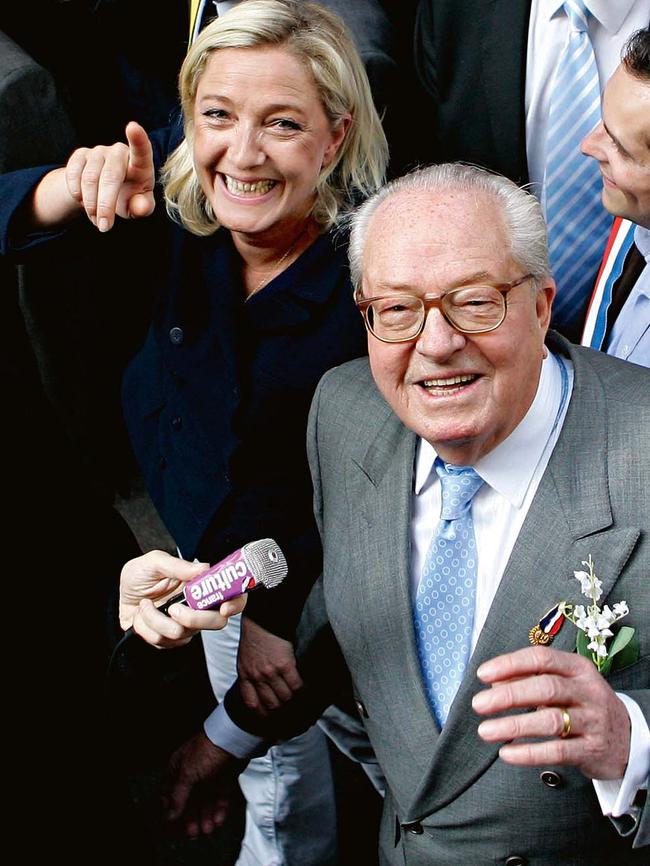
Le Pen, for her part, says she is gearing up for the rigours of the presidential campaign. "This is not a whim or a symbolic run. I am running to win. I am readying myself for office every day," she says. "You have to follow a health regime like a professional athlete when you're on the trail. You mustn't go to bed late. You mustn't drink aperitifs. You eat well."
Le Pen sees the rift with her father as the price she has to pay for winning high office. The two have not spoken for months, following his banishment from the party for airing his anti-semitic views. "He is quite embittered about the situation, which one can understand," she says. "It was a difficult moment. But when you want to be head of state, you have to be able to make hard choices and sacrifice the comfort of your family for the common good."
And yet, interference is on the horizon from another member of the family — Marion Marechal Le Pen, Marine's niece. Marion, a self-confident 26-year-old who's a rising star in the party, takes a traditional moral line and is opposed to her aunt's tolerance of same-sex marriage and abortion; nor does she embrace her aunt's promises of a protectionist fortress France — a line designed to appeal as much to disgruntled far-left voters as the hard right.
Marine Le Pen says her three teenage children, Jehanne, Louis and Mathilde, from the first of her two marriages (to Franck Chauffroy, a business executive for the National Front), are used to the idea that she could be president. "They are fatalistic about it," she says. "They have always known me as a politician." None so far shows any sign of wanting to join the family political firm.
France knows little so far of Le Pen's relationship with her current partner, Louis Aliot, a Toulouse-based lawyer. Work keeps the couple apart much of the time, "but we muddle through", she says. The former amateur rugby player holds a paid post as her parliamentary assistant in Brussels and Strasbourg, and they share homes in Paris and near Toulouse. "Partners always give good advice," she says. "At least, you have to tell them that." She has no plans to give Aliot a government post if elected.
A parting question: if Le Pen succeeds in becoming France's first female head of state, will she be "Madame le president" or opt for the more modern, feminised "Madame la presidente?"
She is a traditionalist, she says. "I will be Madame le president. La presidente means the wife of the president. There are people who want to change everything in our country, who want to change history and erase the past, but I am not one of them. These things are important.
They're part of our identity."


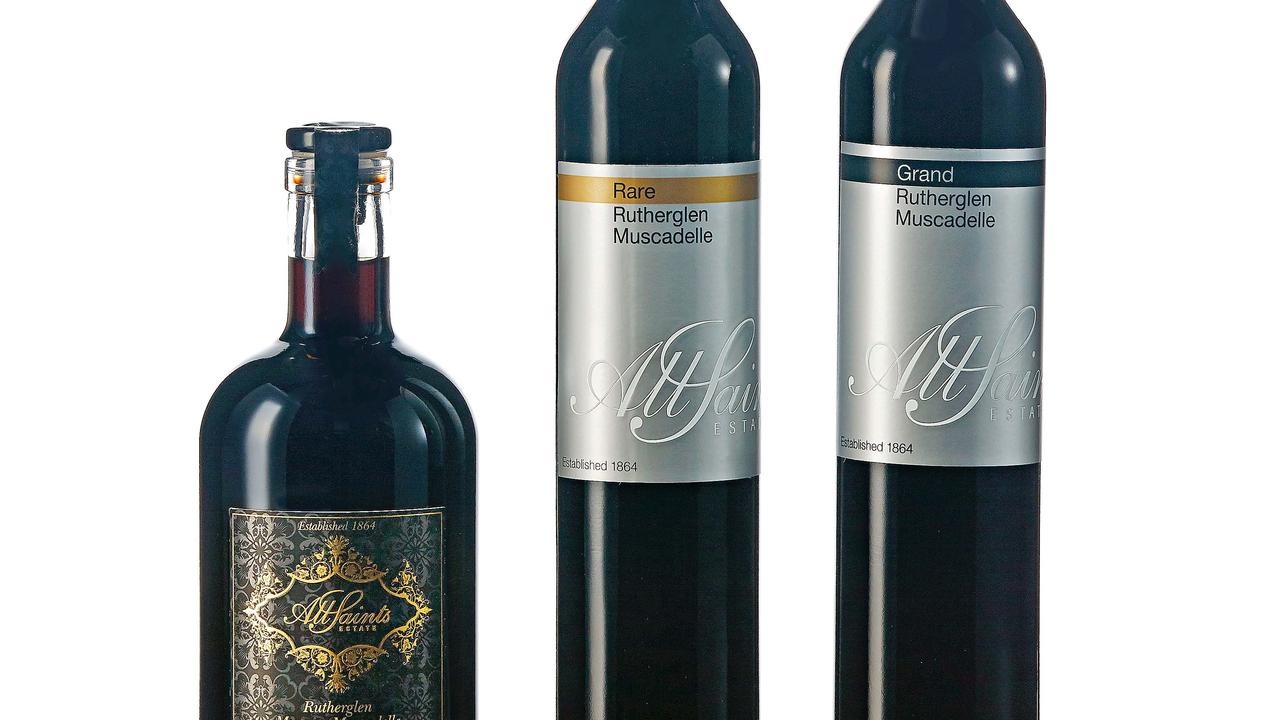
To join the conversation, please log in. Don't have an account? Register
Join the conversation, you are commenting as Logout